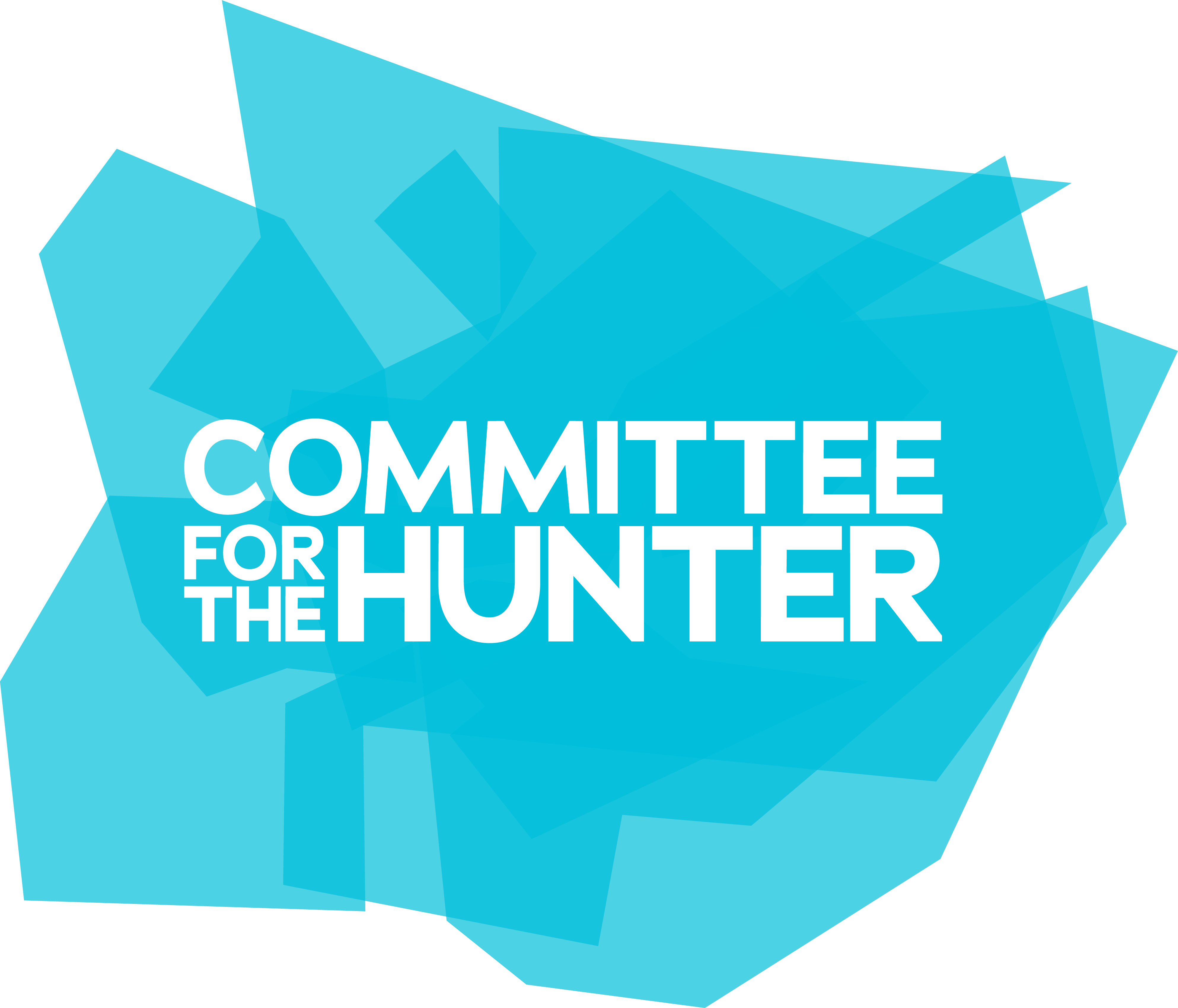May 9, 2023 – 5:00am

Chris Bowen announces the Net Zero Authority at Liddell Power Station on Friday. Picture by Jonathan Carroll
Hunter leaders want to see progress on a range of key regional challenges in Tuesday night’s budget, including economic transition, clean energy, cheaper housing and better road connections.
Treasurer Jim Chalmers will deliver his budget speech to Parliament at 7.30pm, six-and-a-half months after Labor’s first post-election mini-budget in October.
The Hunter’s four Labor MPs do not expect major new funding commitments on Tuesday after the October budget confirmed the party’s campaign commitments from the 2022 election.
Committee for the Hunter chief executive Alice Thompson said direct investment in social and affordable housing and a $500 million fund to progress road infrastructure projects holding up 40,000 homes were crucial to addressing the region’s housing crisis.
“The Hunter is experiencing a jobs and population boom, and new homes aren’t keeping up with demand,” Ms Thompson said on Monday.
“This is driving higher house and rent prices and increasing inequality. It is also undermining a key competitive advantage the region has over other places, impeding access to workforce and the Hunter’s capacity to meet strong job demand.”
Ms Thompson said the budget should show a commitment to releasing $100 million in announced funding for Port of Newcastle’s clean energy precinct.
“The planning is done. Now is the time for funding to be released to get on with Port of Newcastle’s diversification and growth,” she said.
Ms Thompson also wanted to see more budget commitment to faster rail between Sydney and Newcastle in the near future and high-speed rail in the longer term.
The NSW government has committed $1 billion and the federal government $500 million to improve a section of track on the Central Coast, and the federal government also has committed $500 million for further planning and corridor acquisition from Newcastle to Sydney.
The Hunter is expected to enjoy a significant share of attention under the planned Net Zero Authority, which Climate Change and Energy Minister Chris Bowen announced on Friday at Liddell Power Station.
The government has committed to setting up a precursor agency on July 1 and providing the authority with $23 million in its first year.
Ms Thompson said she expected to see “more definition” of the authority in the budget but hoped it would invest in major Hunter infrastructure and precincts to “catalyse” new businesses and jobs, help unlock former mine and power plant sites for clean energy uses, and support small and medium businesses in the coal supply chain to diversify and grow.
Hunter Joint Organisation chair and Singleton mayor Sue Moore said the Net Zero Authority should embrace policy thinking coordinated across the three levels of government.
“Sufficient resource allocation is required to deliver outcomes that meet the needs of our region’s workers, communities and industries,” Cr Moore said.
“The establishment of the Net Zero Authority is an important first step, but substantial funding needs to be allocated over many years in the federal budget to support regions impacted by the global shift away from coal, and there must be direct empowerment of, and accountability to, these communities.”
The Hunter JO also is advocating for an integrated transport plan which “prioritises and improves the movement of people and freight intra-regionally, nationally and internationally”.
Infrastructure Minister Catherine King confirmed last week that none of the Hunter’s major federally funded road projects, the M1 Motorway extension to Raymond Terrace, the Singleton and Muswellbrook bypasses and the Mandalong Road upgrade at Morisset, would be subject to an announced review of the nation’s infrastructure pipeline.
Business Hunter policy and public affairs manager Sheena Martin said the organisation wanted to see no delay in funding flowing to the four road projects in budget forward estimates or the massive Inland Land line from Melbourne to Brisbane.
“Broadly, the top issues for business continue to be access to skills and labour, tax reform, energy and rising business costs,” Ms Martin said.
“Our business conditions surveys continue to highlight the intense pressure that rising energy costs and interest rates are placing on business.
“Energy uncertainty is a chief concern for business, creating cost and supply challenges, so we’ve got no time to lose in bringing renewables online.
“Any substantial measures to hasten and support the transition will be welcome news for business.”
Newcastle lord mayor Nuatali Nelmes said the Hunter Park redevelopment remained the council’s main ask for funding, which she has said could come from the state and federal governments.
“This significant project is a priority project for Greater Newcastle and the Hunter region due to the wider impact it will have on catalysing urban renewal, creating new and improved public open spaces, affordable housing opportunities, a year-round aquatics facility and attracting significant economic development and investment activity, as well as up to 10,000 new local jobs,” Cr Nelmes said.
